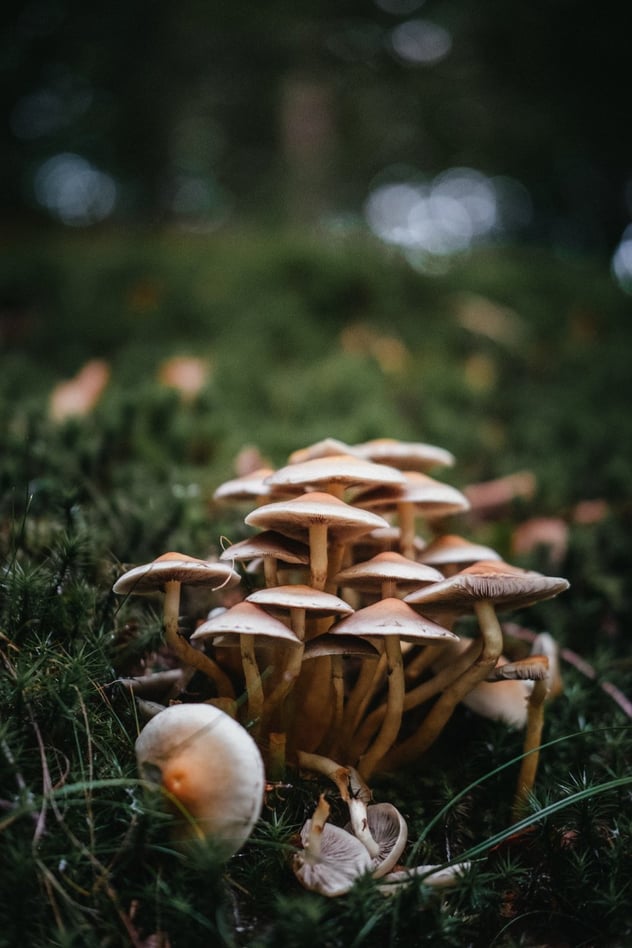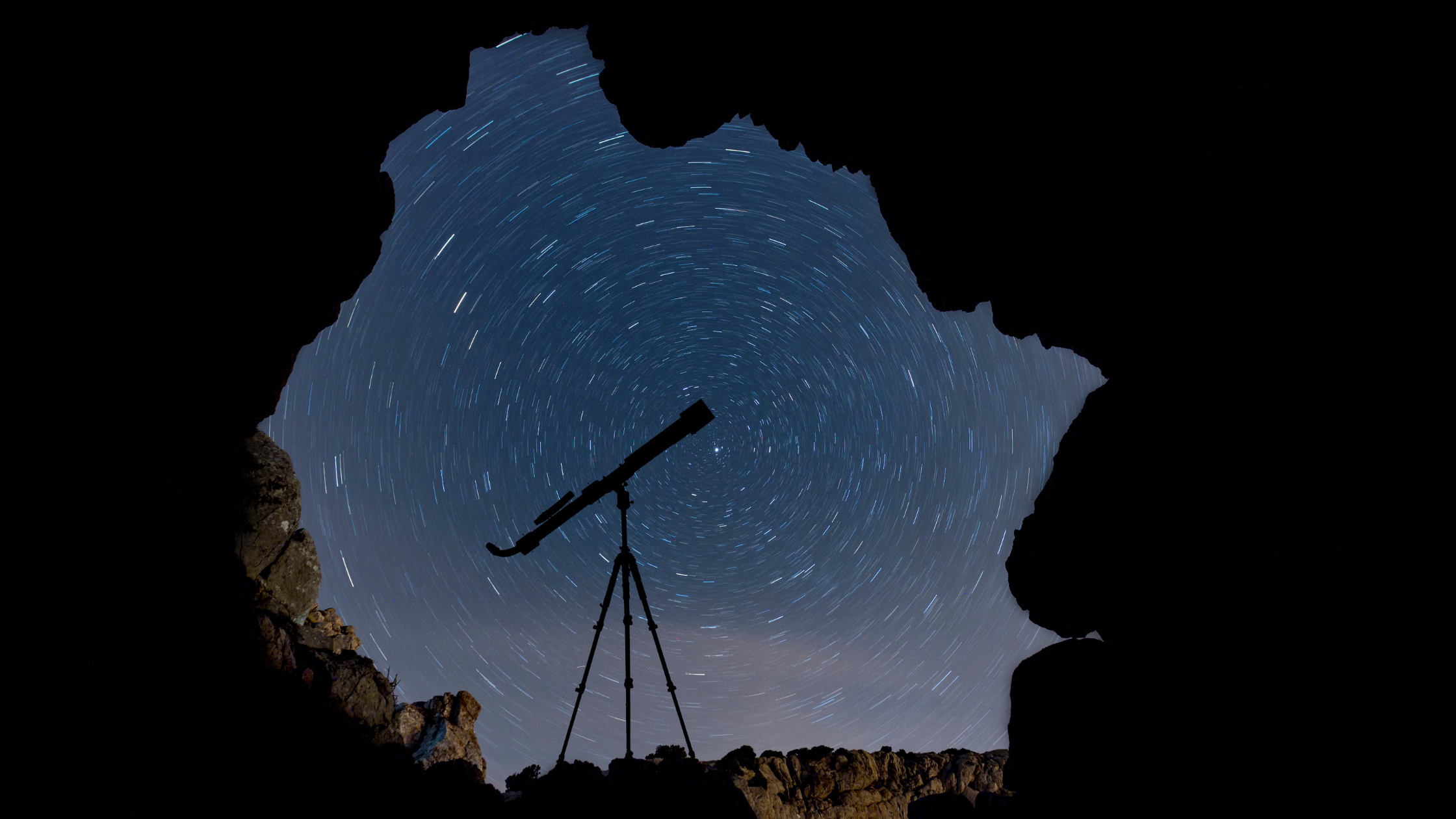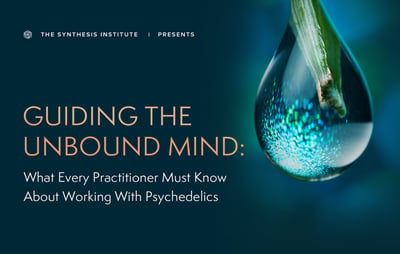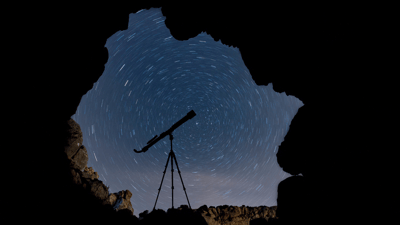As the psychedelic movement makes huge strides with Denver successfully decriminalizing psilocybin-containing mushrooms, here are 3 things you should know about these transformative fungi and the path to integrating them into modern society.
Last week, on May 7, Denver became the first US city to successfully vote on the decriminalization of psilocybin-containing mushrooms (historically known as ‘magic mushrooms’). Once the policy is implemented, Denver will become one of the few places in the world where psilocybin (the primary active ingredient in psychedelic mushrooms) is accessible without criminal punishment, joining both Jamaica and the country where we have chosen to operate our legal psychedelic retreat business; the Netherlands. Here psilocybin is not only decriminalized but fully legal, taxed by the government, and sold in dozens of retail stores across the country.
As a group of people who strongly believe in the transformative power of psilocybin and work every day to ensure that people have access to safe, legal, and professionally-guided psychedelic experiences, we at Synthesis could not be happier about this news and what it means for the future of psychedelics.

For those of you not yet familiar with the transformative potential of psilocybin or the psychedelic renaissance that is well underway, it is understandable that you may see this news as surprising, and even somewhat concerning, considering what mainstream media and governments have told us about these substances for decades through the War On Drugs.
The fact of the matter is that this news is far from an isolated event. Government-approved research on the clinical potential of psychedelics and their (primarily underground) therapeutic use has been booming for nearly a decade. This research expanded awareness and education that contributed to Denver’s historic vote. Psilocybin and most psychedelics are remarkably safe and effective at treating a number of mental health matters ranging from anxiety to depression to various addictions.
On top of that, people are waking up to the failure of the War On Drugs and the unjust incarceration of millions of people across the world as a result of policies that documentation has shown were started as socially-and-politically motivated efforts to control minority and opposition movements to political powers. If you would like to learn more about these two topics, I highly recommend reading Michael Pollan’s How to Change Your Mind (2018) and Johann Hari’s Chasing the Scream (2015), both New York Times’ best sellers that will go a long way in helping you understand the reasons why Denver’s ballot initiative is a sign of great societal progress.
As we celebrate Denver’s ballot initiative, which we believe is a turning point in psychedelic access, we want to share 3 important things to know about the transformative potential of psilocybin and psychedelics. By sharing these ideas, we hope to educate people interested in the transformative potential of psychedelics and their integration into modern society.
1) Despite the similarities, psilocybin mushrooms are not the next cannabis
The War on Drugs established an arbitrary line in the sand between “good” and “bad” mind-altering substances. Romanticized on one side are “good” substances, like tobacco and alcohol, which are not just legal but supported by billions of dollars and incredible lobbying influence, ensuring that they are mass produced and marketed to nearly all members of society. Villainized on the other side are the “bad” substances like cannabis and psilocybin mushrooms, which were not just criminalized but put onto the Schedule 1 list by the United States Drug Enforcement Administration (DEA), literally banning them from being researched because the DEA overruled the prevailing expert opinions that they had no medical use. With cannabis and psilocybin mushrooms on the Schedule 1 list since the 1970s, the doors to all legal exploration of their effects were closed and needed to find alternate ways back into mainstream society.
Both have found a path to acceptance through the efforts of medicalization, as mainstream society has shown support for natural substances with demonstrable healing properties. This has been evident particularly with regards to populations like cancer patients and war veterans who struggle even with currently-available treatments.
But despite this path to public acceptance through medicalization and the fact that Denver has emerged as a hub for the decriminalization of both substances, that is where the similarities end.
Cannabis’ primary therapeutic benefits mostly lie from the physical state it puts the body in while under its influence; relief from pain and muscle spasm, reduction of nausea caused by chemotherapy, preventing seizures in epilepsy, or the stimulation of appetite to combat anorexia, just to name a few. For these reasons, cannabis is a consumer product which can be taken home and, rather safely, consumed as needed.
“The therapeutic benefits of psilocybin mushrooms and most psychedelics, on the other hand, are tied to the subjective experiences that people have while under their influence and the lasting change it makes in their thought patterns and behaviors.”
For example, in studies at Johns Hopkins University where cigarette addicts were given psilocybin, participants had powerful realizations of why they smoked and the harm it was doing to their body, resulting in 80% of the 15 participants abstaining from cigarettes for over 6 months after just three sessions with psilocybin-guided therapy. There are similar results from clinical studies on cancer patients, like reducing their end-of-life anxiety, and from war veterans relieving symptoms of PTSD — not to mention on a weekly basis here at Synthesis Retreat, from over 250 customers who have had breakthroughs in their feelings of connectedness and reductions of depressive symptoms. All these experiences take place under the supervision of trained professionals in combination with the psilocybin (or other psychedelics), supported by coaching or therapy before and after the trip.
What this means is that psilocybin will not be used the same way cannabis is used (neither medically or ‘recreationally’) and that the path to integrating them into society will look very different.
2) Preparation, mind(set), physical setting, and integration are equally if not more important than dose and substance when utilizing the transformational potential of psilocybin mushrooms and other psychedelics
The importance of ‘set and setting’ in ensuring positive psychedelic experiences and extracting lasting, positive benefits from their use has been well known since the mid 20th century. Set refers to your mindset or how you feel prior to your psilocybin journey. Setting refers to your physical surroundings, ensuring that you are in a place where you feel safe and supported for whatever experience will come your way during the 6–8 hour trip induced by the psilocybin.
While the limitations around psychedelic research has not yet provided us with definitive figures on this, our experience at Synthesis tells us that if we screen out medical contraindications, support and frame the right mindset going into the experience with trained professionals, host it in a safe and comforting setting, and then provide adequate levels of support and education to ensure proper integration, the psilocybin experience can have lasting, positive, and transformational benefits on a reliable basis. Contrast this with the uneducated, unsupported, and illicit (and thus unknowable) use of psychedelics at night clubs and music festivals and it is not hard to understand where the notion of a ‘bad trip’ and stigma around negative impacts of psychedelic use came from in the 1960s.
 The Ceremonial space of a Synthesis Retreat
The Ceremonial space of a Synthesis Retreat
At Synthesis, we started with the best practices on curating an ideal set and setting from decades of psychedelic research and continue to evolve it as we gain invaluable experience with our growing customer base. What we have learned, and continue to build upon, is that framing the ideal mind(set) starts with the time you decide to partake on your psilocybin experience. Similar to what happens in clinical studies, we work on preparing participants for their experience with intake calls, group Q&A sessions and suggested readings and activities (such as mediation and journaling).
Once with us on a retreat, we work closely to foster a sense of comfort, trust, and community both in our space, with our facilitators (who do one on one sessions with all participants prior and after their experience) and amongst other group members in order to ensure, to the best of our abilities, the mindset going into the psilocybin experience is both relaxed about potential anxieties and comfortable that the support it may need is available. For physical setting, our guests are comfortable in luxurious accommodations and we make sure they have no stress or concern about the safety of what they are doing because they are supported by world-class facilitators, medical supervision, and in a country where psilocybin is legally accessible. Understanding the importance of set and setting is crucial to working towards the psychedelic-integrated future we are helping to create through our pioneering work at Synthesis.
3) Careful, strategic action is still necessary in order to achieve our goals of safe, decriminalized, medicalized, and widely accessible psychedelic experiences
While we are approaching a tipping point in education, acceptance, medicalization, and eventual legalization of psychedelics, we still need to remain mindful of the sensitivity and stigma that the War On Drugs has left on multiple generations.
What does this mean on a practical level? First off we need to continue to support medicalization efforts as cannabis has shown us that this is the fastest and most reputable path to public acceptance. We’re about two years away from the medical approval of two psychedelics in the United States, MDMA for PTSD and Psilocybin for Depression, which will result in a rescheduling of the substances on the DEA’s list and (likely) a snowball effect in subsequent research and medical use.
Second, we need to continue to support decriminalization efforts through education and thoughtful activism as we saw was successful in Denver last week. Efforts are underway in California and Oregon (just to name two of many) to vote on decriminalization, and these grassroots efforts need all the help they can get in their efforts to inform the voting population on why possessing, growing or cultivating this natural substance should not be a criminal offense.
Lastly, and definitely not least, we need to work within pre-existing legal frameworks to show that psilocybin can be administered safely and professionally. This is where our work at Synthesis comes in; demonstrating that a fully-legal business can safely and professionally offer psilocybin experiences to customers from all over the world. Our work and mission extend far beyond attaining profitability, but rather helping to set the highest level of standards for medical safety and industry best practices for the emerging psychedelic experience economy as we support thousands of customers through safe, intentional psilocybin journeys in the years to come. It means working with other pioneering institutions, such as the Imperial College of London’s Psychedelic Research Group, and governments to help conduct qualitative and quantitative research that can inform future policymakers and other entrepreneurial individuals pouring into the space and to help build the safe, legal psychedelic-integrated future we want to see.
In closing, we at Synthesis Retreat would like to extend our sincere congratulations to the Decriminalize Denver organization on all the hard work they put into this recent ballot initiative and it’s successful passing last week. Your efforts, along with those put in by other pioneers of the psychedelic renaissance, encourage and motivate so many people to continue their own contributions to this important work, including our team here in the Netherlands. While the road ahead may seem long, we know that the genuine, sustained efforts of all players in the psychedelic ecosystem, from medical professionals to advocacy groups to for-profit, socially-motivated businesses, will continue to find success through our hard work and collaboration.
For those of you new to all of this, I encourage you to take some more time (beyond the time given to read this blog — which I generously thank you for) to become educated through the growing number of books and media content available on psychedelics.
“Talk to your friends, colleagues, and loved ones about the harm of the War On Drugs and potential for psychedelic substances like psilocybin; you may be surprised to find more than just a few people within your network who have had their own experiences with psychedelics but are simply afraid to speak out.”
Lastly, if you feel called to it, consider attending a retreat like Synthesis’ where you can experience a legal, medically-supervised, and professionally guided psilocybin experience of your own and come to your own conclusions about psilocybin and psychedelics by experiencing their transformational potential first-hand.
For anyone reading this and interested to learn more or get involved in the psychedelic renaissance in some (even small) way, please do not hesitate to reach out to me at myles@synthesisretreat.com. While it may take some time to get back to you, I will enthusiastically do my best to support your learning journey on the potential of these transformational substances. With an optimistic smile and a positive attitude, I leave you with excitement and hope for the future we are helping our friends in Denver and around the world to build here at Synthesis Retreat.

















